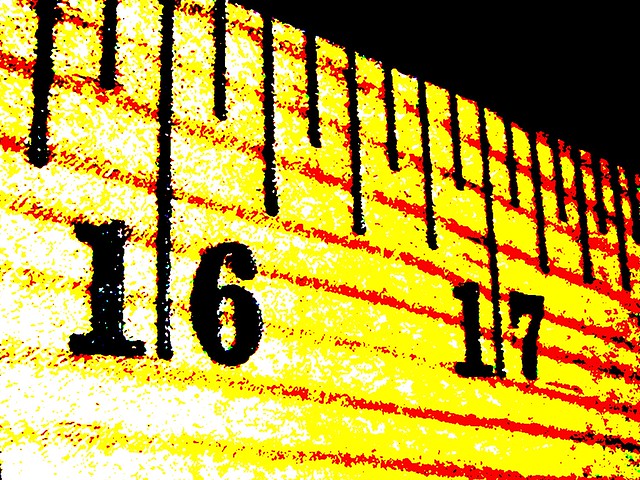
Having a Rule of Life
Some people who talk about spiritual life describe having or following a rule of life.
The monastery where I am a lay Oblate has an Oblate rule of life on its website at New Camaldoli Hermitage.
Some of us might believe in following the rules, while others of us have a more difficult relationship to rules..
We might be convinced rules exist for a reason. Following certain rules can keep us safe. We may not know who made the rules, or how they became rules, but believe they are there to be followed. Following the rules is the right way to play the game.
When we do not follow the rules, who knows what could happen?
Some of us have rules about spiritual life. Spiritual life may require we talk or dress or behave in certain ways. For some, spiritual life needs to be primarily intellectual. For others, spiritual life is mostly emotional. Spiritual life may require us to spend certain times in special places, doing particular things.
Those are the rules of spiritual life. That is just the way it is.
There have been times when I believed rules were important, especially when it came to spiritual life. Rules were how I could understand when spiritual life was right, and when it was wrong.
Spiritual life is different for me now. I understand spiritual life is a relationship. Rules might help us recognize and appreciate the spiritual life within us.
A turning point came when I saw we do not need to be protected from spiritual life, nor it from us.
If spiritual life is all about building a healthy relationship, why do so many of us seem to have so many rules?
How can we find and have a healthy, helpful rule of life?
A Healthy Rule of Life
Part of the challenge for us is how we hear and understand the idea of a rule of life.
We live in a world which seems to be filled with rules. People telling us what to do and how to do it seems to be an essential, basic part of our everyday experience. It is easy to feel our life, particularly spiritual life, is being micromanaged.
A healthy rule of life is not a list of demands or requirements we need to meet for spiritual life. Spiritual life is not something we need to earn by following the rules.
The rule of life we need is more like a ruler than a list of rules.
Having a rule of life is a contemplative practice. It is not about choosing all the rules we want to make sure we follow each day. A healthy rule of life is about more than setting goals or choosing where we want to be at certain points on our lives.
There are times when reflecting on my rule of life opens my eyes to see and live in new ways. It is not only about whether or not I am measuring up to my expectations or desires.
A healthy rule of life is not carved in stone or set in concrete. It is a living, breathing practice which helps me remember how I relate to spiritual life.
My practice is more about gaining perspective and understanding than about evaluating my performance. A rule of life shows us where and how we can continue growing.
Where spiritual life is prompting me to go next is a more significant question than what grade I am getting.
Each of us listens as our rule of life helps us hear spiritual life drawing us closer each day.
A Rule of Life is Not a Weapon
We live in a time when many of us have experienced people weaponizing spiritual life. People have a way of launching what they think and what they believe at other people. It is easy for many of us to remember when people tried to turn spiritual life into a competition, or some kind of contest.
Our contemplative practices are not intended to be ways for us to display our own spiritual worthiness. We cannot allow anyone, including ourselves, to compare spiritual life in us to anyone else.
Spiritual life is not about competing or comparing, winning or losing.
It can be helpful to develop and practice following a rule of life with help from someone we trust. We want our practice to grow from our own reflection, to be both practical and aspirational. A person we trust can help us develop and sustain perspective so we are realistic while being fair to ourselves.
We practice listening, paying attention, and being honest with ourselves about our relationship to spiritual life.
What are the standards we rely on to reflect on spiritual life all around us?
How do we experience the life with us?
Practicing a Rule of Life
We remember we are not assessing or evaluation our performance of spiritual life.
Our practice is about how we reflect and apply what we gain from our reflection.
We experience spiritual life in new ways as we build a contemplative practice of a rule of life. As we listen and reflect we gain insights and questions which shape our behavior and our continuing refection.
A contemplative practice is not about making steady, regular progress or solving our problems. We listen, and we gain new questions and insights.
Our relationship to spiritual life becomes richer and more complex. Each day, each moment, is filled with opportunities for us to grow.
There will not be a point at which we conclude we have arrived, where our challenges are over.
Our practice is a lifelong experience. we continue to grow and gain new questions and new insights. There is no point at which we will come to the end and start something else. We start something new each day.
A rule of life is a contemplative practice we will never complete.
How will we begin practicing a more healthy rule of life today?
When will we take time to reflect on our rule of life this week?
[Image by theilr]
Greg Richardson is a spiritual director in Southern California. He is a recovering assistant district attorney and associate university professor, and is a lay Oblate with New Camaldoli Hermitage near Big Sur, California. Greg’s website is StrategicMonk.com and his email address is [email protected].












